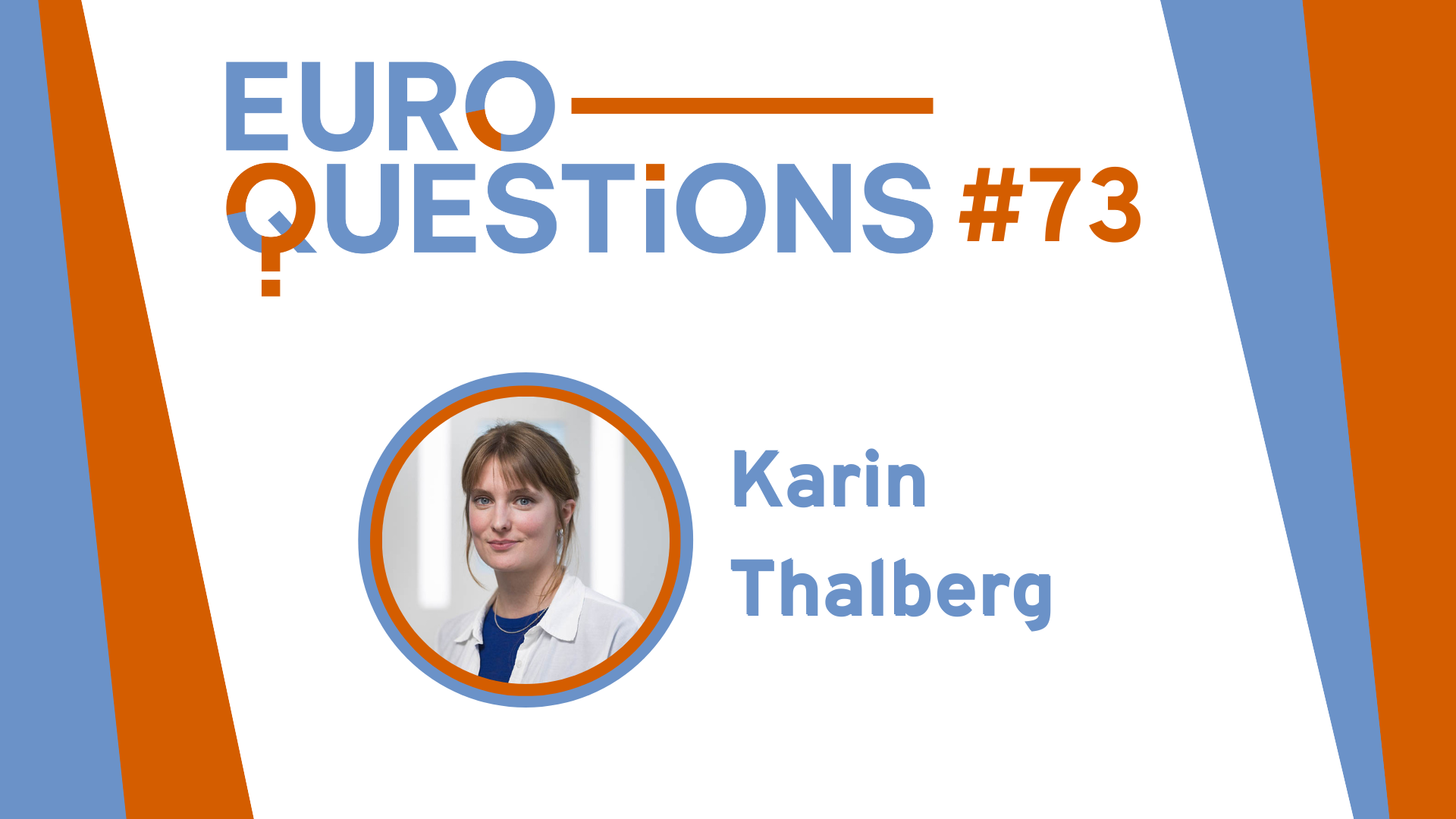Euroquestions n°73 : The European Green Deal in the face of rising radical right-wing populism

PARTNERSHIP
PARTENAIRES
The continuous implementation of the European Green Deal will take place in an increasingly challenging geopolitical, social and economic environment. Implementing it will require substantial transformations of our fossil-based societies, which can create high levels of uncertainties among the population (concerning jobs, mobility, affordability, quality of life, etc.). Lessons from Member States (Sweden, Germany, Italy and Poland) with a strong presence of radical right populist parties show that their rise is partly an expression of political frustration in the face of deteriorating living conditions as well as the fear of downward social mobility. Therefore, it is urgent to develop an alternative narrative for the European Green Deal accompanied by concrete policy responses centred on building trust with our two proposals: 1. Offer support and protection based on differentiated capacity to change, and differentiated impacts of the transition 2. Develop more open, interactive, and inclusive governance to favour quality dialogue To present the recent publication, we are delighted to welcome Karin Thalberg, Research Fellow at the Jacques Delors Energy Centre.
The continuous implementation of the European Green Deal will take place in an increasingly challenging geopolitical, social and economic environment. Implementing it will require substantial transformations of our fossil-based societies, which can create high levels of uncertainties among the population (concerning jobs, mobility, affordability, quality of life, etc.). Lessons from Member States (Sweden, Germany, Italy and Poland) with a strong presence of radical right populist parties show that their rise is partly an expression of political frustration in the face of deteriorating living conditions as well as the fear of downward social mobility. Therefore, it is urgent to develop an alternative narrative for the European Green Deal accompanied by concrete policy responses centred on building trust with our two proposals: 1. Offer support and protection based on differentiated capacity to change, and differentiated impacts of the transition 2. Develop more open, interactive, and inclusive governance to favour quality dialogue To present the recent publication, we are delighted to welcome Karin Thalberg, Research Fellow at the Jacques Delors Energy Centre.








